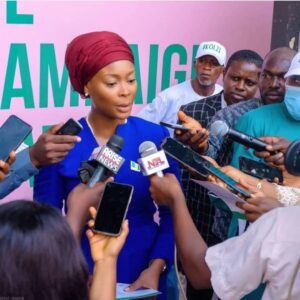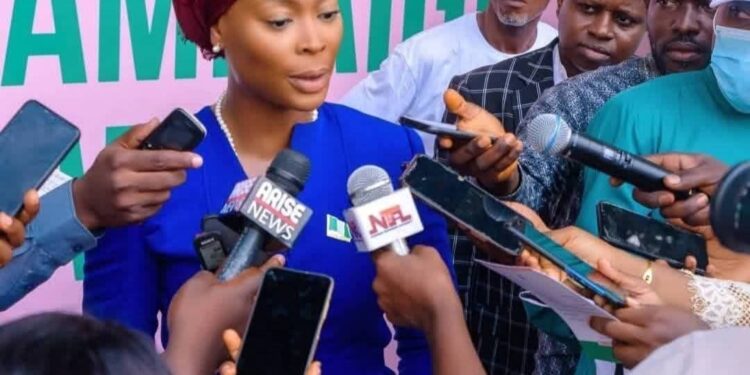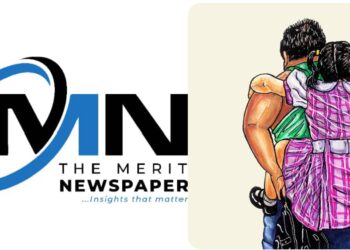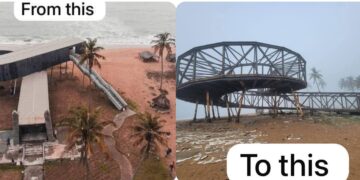Nigeria introduces journalism and fact-checking into the new curriculum, sparking debate on how soon is too soon.

By Ibrahim Kegbegbe
When 15-year-old Joy sits in her English class a year from now, she will not just be learning how to summarize a passage or write an essay. She may also be asked to rewrite a rumor as a verifiable news story, check a politician’s speech against facts, or even draft a headline that balances clarity with fairness. For the first time in Nigeria’s history, journalism and fact-checking are making their way into the secondary school curriculum.
The Federal Government’s newly launched curriculum, which takes effect in 2025, includes modules on journalism, programming, artificial intelligence, robotics, and fact-checking. While the tech-related subjects have dominated conversations, it is the journalism component under English & Communication at the Senior Secondary School level that may prove most transformative for Nigeria’s democracy.
Journalism Before the University
Traditionally, Nigerian students encounter journalism only when they enter universities or polytechnics to study Mass Communication or to study journalism in a monotechnic like the Nigerian Institute of Journalism. By then, many arrive with little or no background in news writing, media ethics, or verification skills. This gap often translates into a steep learning curve and, sometimes, poor journalistic standards in the field.
“This reform is long overdue,” said Dr. Lateef Odegbenle, a journalism lecturer at the Nigerian Institute of Journalism (NIJ). “We cannot wait until higher institutions to teach young people how to separate truth from falsehood. Introducing journalism in secondary school gives us a new generation of students who already understand the basics of fairness, accuracy, and public accountability.”
READ ALSO:Killing Journalists is Killing the Truth — Israel Must Be Held to Account
A Global Trend
Nigeria is not alone in this shift.
Finland, often ranked as having the world’s best education system, has long integrated media literacy and fact-checking exercises into secondary education. Teachers guide students to critically analyze news, social media posts, and even advertising.
In the United States, some high schools run student newspapers and journalism clubs where teenagers publish reports on community issues. These programs often act as pipelines into college journalism courses.
South Africa has piloted media education modules in certain provinces, with emphasis on teaching learners how to identify fake news in a digital era marked by misinformation campaigns.
By aligning with this global movement, Nigeria is positioning its students not just as consumers of media, but as active participants in shaping public discourse.
READ ALSO:Love, Lies and Section 419: Why Rivers Police May Be Right — and Wrong
Building Skills Early
According to the breakdown, the curriculum introduces Digital Literacy & Coding at the Junior Secondary level. By Senior Secondary School (SSS 1–3), students will formally encounter journalism and fact-checking. The modules are designed to cover:
Basics of news writing (straight news, features, opinion).
Principles of objectivity, fairness, and ethics.
Media law and the rights of journalists.
How to detect fake news and verify facts in the age of social media.
Basics of digital journalism and multimedia storytelling.
“This is about more than training future reporters,” explained Ms. Deborah Feko, a Lagos-based journalist and media literacy advocate. “It is about empowering every Nigerian student with the ability to ask questions, demand evidence, and challenge falsehood. That is the essence of democracy.”
Why It Matters for Nigeria
Nigeria has been battling the scourge of misinformation and propaganda, especially during elections and crises. Fact-checking organizations have emerged to fill the gap, but the average citizen still struggles to differentiate between credible news and manipulated content.
By exposing students to journalism and verification skills early, the new curriculum does more than create a pool of future journalists—it creates citizens who are critical thinkers.
Joy, the hypothetical student, may never end up working in a newsroom. But she will grow up knowing that a viral WhatsApp broadcast is not always the gospel truth, and that accountability is not just the work of professionals but of informed citizens.
Looking Ahead
Programming, artificial intelligence, robotics, and digital entrepreneurship will no doubt prepare Nigerian youths for the technological future. Yet, it is the journalism module—quietly tucked under English & Communication—that may become the foundation for a more informed society and a stronger democracy.
As Dr. Odegbenle noted, “We are not just preparing students for careers; we are preparing them for citizenship.”
READ ALSO:Meet the World’s Deadliest Assassin: Bad Grammar
If implemented effectively, Nigeria’s classrooms could become the training ground for the next generation of ethical journalists—and perhaps, more importantly, a nation of citizens who know how to question power, verify information, and tell their own stories.
Ibrahim Kegbegbe is a journalist and Public Affairs Analyst. He writes from Lagos.
















